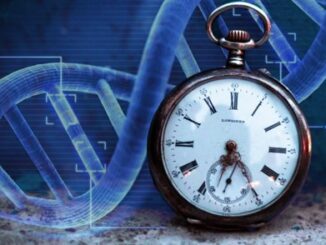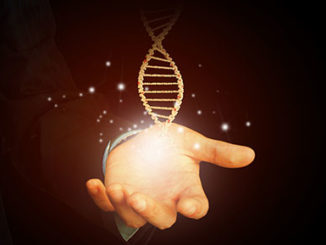Epigenetic Insights for Targeting Alzheimer’s Disease
The recent FDA approval of Donanemab has sparked celebration within the Alzheimer’s research community, offering significant hope by slowing cognitive decline in some patients. However, it is clear to scientists that Donanemab is not a cure, and the quest to truly halt or reverse Alzheimer’s disease (AD) remains ongoing. Donanemab works by targeting amyloid beta (Aβ) plaques, a hallmark protein buildup in AD’s pathology. While clearing these plaques marks a critical step, it may not address the root cause of [more…]








